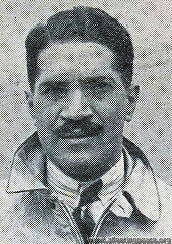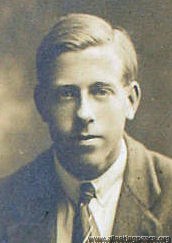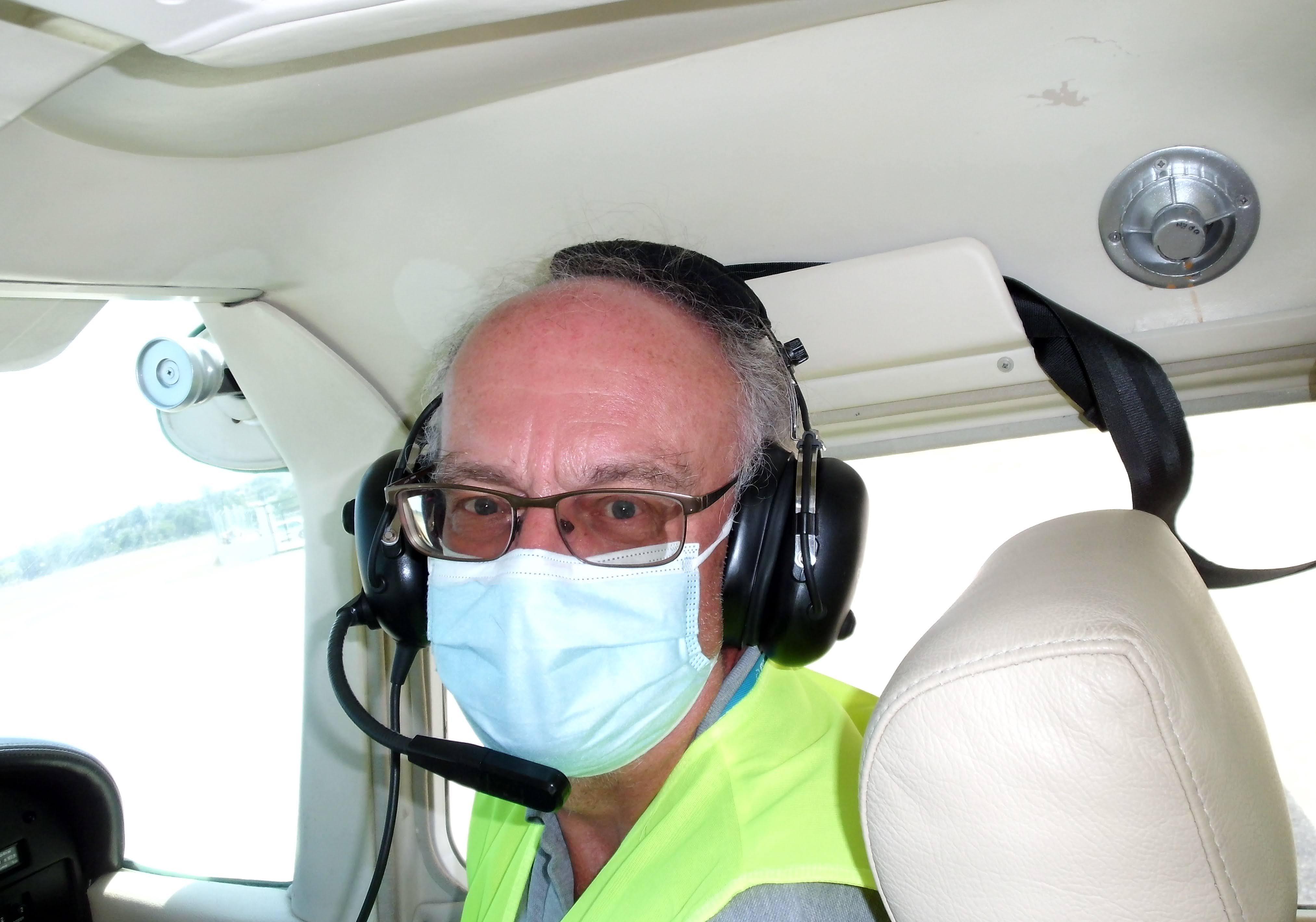The Schlesinger Race from Portsmouth to Johannesburg 1936
In December 1936, Flight Magazine summed up the outgoing year in aviation. Calling it "a satisfactory year" in general - "the public is much more interested in flying than it has ever been"... "the opening of Gatwick Airport was an event of importance", and so on - it continued: "On the sporting side we had the Schlesinger race in the autumn, but the less said about that event the better." Only one of the 9 starters (of the original 14 entrants) made it to Johannesburg, and two people were killed during the Race. Scott and Guthrie were met by a deafening silence on their return, and CWA Scott said "The race was a piece of complete nonsense ... I'm glad we didn't make the return journey in a packing case". Their victory seemed a hollow one, and the unclaimed prize money - £6,000 out of the £10,000 total fund - went to the families of those who had died; £2,000 each to Mrs. Max Findlay and Mrs. A. H. Morgan and £2,000 placed in trust for the child of Capt. Findlay. A rather sad and unloved affair, then; which is a pity, because it had begun with high hopes: "The success of the international air race to Melbourne gives us good grounds for welcoming an Empire air race from London to Johannesburg. Mr. I. W. Schlesinger is worthily following in the footsteps of Sir Macpherson Robertson."They hoped that "this race will enable the business men of the Union to study the [British] Empire's various landplanes, and judge for themselves which will be most suitable for the long internal stages, and which will be best for branch lines." And after this race, the business men of the Union probably said "None of 'em". The generous and well-meaning Mr Schlesinger deserved better.
The story of the race, at a glance: Mr I W Schlesinger was a South African industrialist who controlled about 70 companies covering theatres, films, and insurance. Entries were restricted to 'aircraft and pilots from the British Empire'; the start (originally expected to be Hatfield) was from Portsmouth. The competitors took off starting at 06:30am (in semi-darkness) on Tuesday the 29th September 1936. Scott and Guthrie left behind them a trail of broken aeroplanes all the way (6,150 miles) to Johannesburg, which they reached on Thursday the 1st October. Their flying time was 2 days 4 hr 56 min. They all went to a celebration dinner at Claridge's after the race, which must have been fun:
As for the Arithmetic, there was a Handicap Formula, but even I can't work up much enthusiasm for it; suffice it to say it was a very-slightly modified version of the one used for the MacRobertson Race, and would have proved equally misleading if it had been needed, probably... |
|
Race No |
Aeroplane |
Pilot(s) - click links for more | Other Crew | Result | ||
|
1 |
Percival E.2H Mew Gull ZS-AHM 'The Golden City' [Die Goudstad on this side] |
S.Africa |
|
Maj Allister Mackintosh Miller | Forced landing near Belgrade - fuel problem | |
| 2 |
Percival Mew Gull ZS-AHO 'Baragwanath' |
|
|
Capt Stanley Seward Halse | Forced landing Mbeye Rhodesia 30 September 1936 - landed, in poor visibility, in a ploughed field and overturned
Fifteen years later, the battered aircraft was still lying derelict at Johannesburg |
|
| 3 |
Miles M.5A Sparrowhawk G-AELT |
|
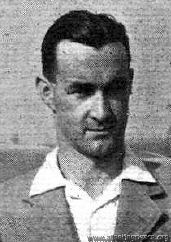 |
Victor C Smith | Withdrew Khartoum - oil tank trouble earlier
Victor later modified it to have an enclosed cokpit, and used it for air taxi work. |
|
| 4 |
B.A. Double Eagle IV G-AEIN |
---
S.Africa |
---
|
Tommy Rose --- Jack Bagshaw |
Withdrew Cairo - one of the undercarriage legs folded up while taxying | |
| 6 |
Percival Vega Gull G-AEKE |
|
---
|
Charles William Anderson Scott --- Giles Connop MacEacharn Guthrie |
Winner - in 2 days 4 hr 56 min | |
| 7 |
Percival P.10 Vega Gull G-AEAB |
|
---
|
F/O David W Llewellyn --- Charles F Hughesdon |
Forced landing near Lake Tanganyika - weather (the aircraft was written off) |
|
| 8 |
Miles M.2U Hawk Speed Six G-ADOD |
|
.jpg) |
F/O Arthur Edmond Clouston | Forced landing near Gwelo, Rhodesia on 1 October 1936 - engine trouble | |
| 10 |
B.A. Eagle 2 G-ADID 'Frobisher' "very much a sporting entry" [this appears to mean 'complete amateurs'] |
|
---
|
Cyril Geoffrey Marmaduke Alington --- Lt P A Booth, RN |
Paymaster Lt Rupert Hildebrand Alington |
Forced landing near Regensburg, Bavaria - the undercarriage was damaged by the rough ground |
| 13 |
Airspeed AS.6J Envoy 3 G-AENA 'Gabrielle' |
|
---
|
Capt Maxwell Hutcheon Findlay -- Mr Kenneth Herbert Fraser Waller |
A H Morgan (wireless operator) --- C D 'Derek' Peachey |
Crashed at Abercorn, Rhodesia 1st October 1936 - struck trees after take-off, killing Max Findlay and wireless operator A H Morgan |
|
Finishers: 1 (out of 9) Did not start: |
||||||
| 5 | Percival Vega Gull G-AEKD |
|
Lt D Misri Chand | Not ready in time | ||
| - | 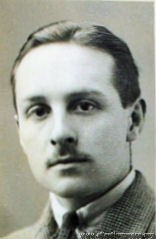 |
Lt Patrick Randolph |
||||
| 9 | D.H. 92 Dolphin | H Buckingham | Development was abandoned after the prototype had flown at Hatfield | |||
| 11 | Miles M.8 Peregrine |
|
Flt Lt Hugh Robert Arthur Edwards | Not ready in time | ||
|
- |
|
Sqn Ldr B S Thynne | ||||
| 12 | Percival Vega Gull VP-KCC |  |
John E Carberry (Lord Carberry) |
A/C damaged at the end of Beryl Markham's transatlantic flight | ||
| 14 | Percival Mew Gull G-AEKL 'Miss Liverpool I' |  |
Tom Campbell Black | Damaged in fatal accident at Speke Airport - Tom Campbell Black killed | ||
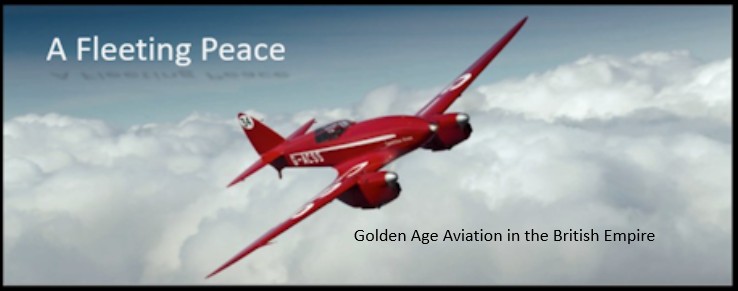


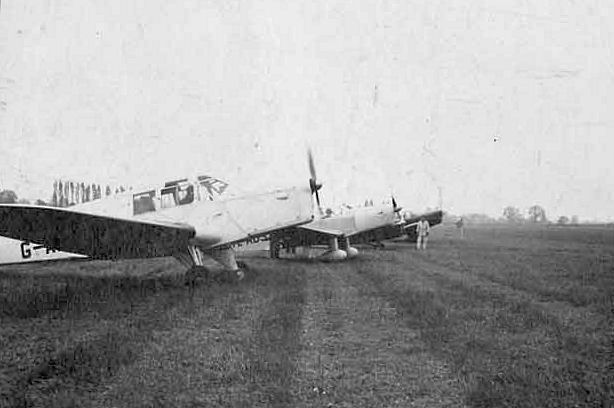
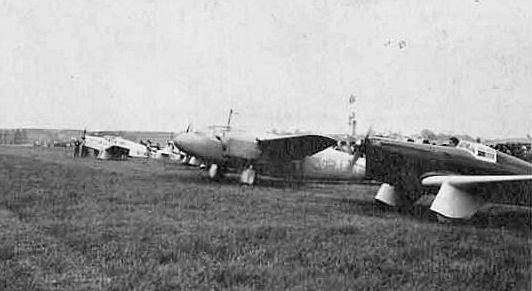





.jpg)






.jpg)


.jpg)







